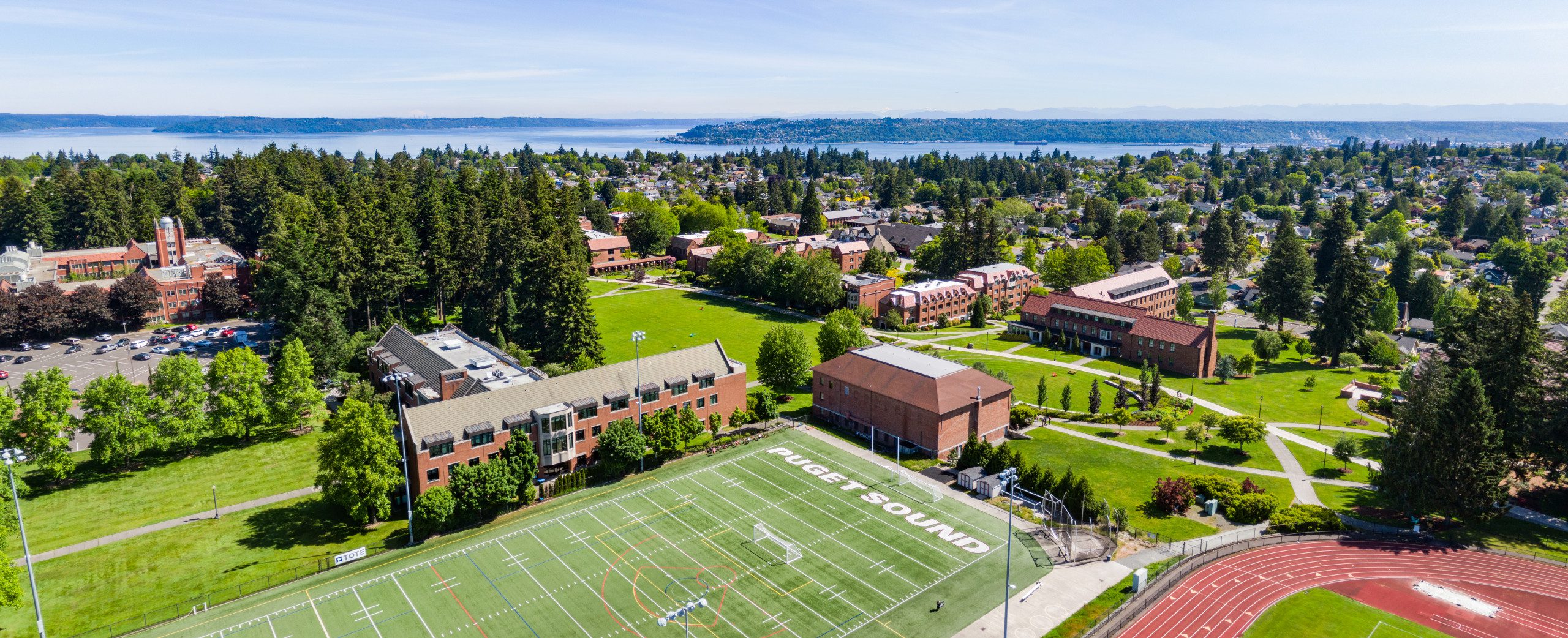By Judy, IvyWise College Admissions Counselor
In today’s college admissions landscape, it’s easy to get swept up in rankings, name recognition, and prestige. National lists and top 20 roundups dominate the conversation, leading many students to believe their success hinges on attending one of these widely recognized institutions. But in truth, some of the best college experiences happen at schools that don’t always make the headlines.
Across the country, there are smaller, lesser-known colleges offering exceptional academics, close faculty mentorship, and vibrant campus communities. These “hidden gems” may not boast the same name recognition as their more famous counterparts, but they provide environments where students are truly seen, supported, and challenged. For those willing to look beyond the usual suspects, these schools can be exactly the right fit — places where curiosity is cultivated, leadership is encouraged, and students are empowered to define success on their own terms.
These five exceptional institutions may not always appear at the top of mainstream rankings, but they offer distinctive academic programs, rich student life, and meaningful outcomes for graduates. Their size, mission, and culture often make them ideal environments for students seeking strong faculty relationships, hands-on learning, and a community that values authenticity over prestige.
Beloit College: Beloit, Wisconsin
Established in 1846, Beloit College attracts intellectually adventurous students who thrive in collaborative, discussion-based environments. Due to a 10:1 student-to-faculty ratio, “Beloiters” enjoy close relationships with their professors and the flexibility to shape their academic paths. Beloit offers 40+ majors and minors and is particularly known for its science and humanities programs. Despite being a small community of 1,000 undergraduates, Beloit is diverse, with students representing 43 countries. At the heart of the campus community is the Powerhouse, a former power plant that is now home to the student union and athletic center.
Students can take advantage of several unique opportunities at Beloit. The Channels program provides a framework for career exploration, bridging academic learning and professional development. The Center for Entrepreneurship in Liberal Education at Beloit (CELEB) is a business incubator that provides the space, resources, and mentorship to support student entrepreneurs. The Logan Museum of Anthropology and Wright Museum of Art are teaching museums that offer unique opportunities for hands-on learning rarely found at the undergraduate level.
Trinity University: San Antonio, Texas
Nestled in the cultural heart of San Antonio, Trinity University combines liberal arts education with career preparation in a city rich with internship and research options. Founded in 1869 by Cumberland Presbyterians, Trinity currently enrolls around 2,500 students and offers more than 100 majors and minors in the liberal arts, sciences, business, and pre-professional tracks.
The Pathways curriculum, which consists of six requirements and three optional elements, emphasizes interdisciplinary thinking and ethical citizenship. Service learning is a crucial part of a Trinity education, with over 1,600 students performing 120,000 hours of community service each year. Trinity’s substantial merit scholarships make it a smart — and often more affordable — alternative to higher-profile private universities.
Agnes Scott College: Atlanta, Georgia
A women’s college in metro Atlanta, Agnes Scott redefines liberal arts education through its signature SUMMIT curriculum, which integrates leadership, global learning, and digital literacy into every student’s experience. Established in 1889, Agnes Scott has a small community of just over 1,000 students and offers 27 majors. “Scotties” can cross-register and participate in social events at nearby colleges, including Georgia Tech, Georgia State, and Emory University.
First-year students participate in a funded global immersion trip, and leadership development is woven throughout the curriculum. Agnes Scott is also a national leader in supporting women in STEM, with robust pre-med, neuroscience, and public health tracks. Its small size and deeply engaged faculty promote a powerful sense of belonging and purpose.
University of Puget Sound: Tacoma, Washington
The University of Puget Sound, founded in 1888, is a haven for intellectually curious students who want to enjoy all the Pacific Northwest has to offer. This close-knit campus community of 1,600 undergraduates boasts a student-to-faculty ratio of 10:1, ensuring students receive personalized attention and guidance from dedicated professors. Its commitment to experiential learning is a hallmark, providing students with extensive opportunities for internships, research, community-based learning, and study abroad programs. Puget Sound is a top producer of Fulbright scholars and Peace Corps volunteers, underscoring its impact on global citizenship.
The core curriculum promotes interdisciplinary learning by linking seemingly unrelated subjects — like biology and philosophy or physics and music. The surrounding city of Tacoma adds to the campus experience with its vibrant arts and culture scene, and students have easy access to mountains, forests, coastlines, and the cultural and professional amenities in nearby Seattle.
Lawrence University: Appleton, Wisconsin
Chartered in 1847, Lawrence University offers a rare blend of rigorous academics and world-class musical training through its integrated college-conservatory model. Lawrentians benefit from an intimate learning environment where professors are deeply invested in their success, due to the exceptionally low 8:1 student-to-faculty ratio. Students can choose from among 65 majors, minors, and programs in the College of Liberal Arts & Sciences or the Conservatory of Music, or they can design their own major. Dual-degree programs allow students to earn diplomas from both the College and the Conservatory.
With its 10-week trimesters and collaborative learning model, Lawrence prioritizes depth over breadth and empowers students to take charge of their intellectual journey. Beyond academics, Lawrence cultivates a rich and inclusive residential campus life, where traditions like the world’s longest-running Great Midwest Trivia Contest and a strong Honor Code contribute to a unique sense of community and mutual trust.
Build Your Best-Fit College List with IvyWise
At IvyWise, we encourage students and families to take a broader, more personal approach to college exploration. A thoughtful, open-minded search can reveal extraordinary opportunities in unexpected places. Whether it’s a liberal arts college with a global curriculum or a regional university with standout interdisciplinary programs, the right college for you might not be the one everyone’s talking about — and that’s exactly what makes it special. With over 3,000 four-year colleges and universities in the U.S., it can be difficult to find the best fit. IvyWise college admissions counselors are experts at helping students identify schools that align with their academic, personal, and financial needs and goals. Contact us to learn more.
Want more hidden gem college recommendations from our counselors?




